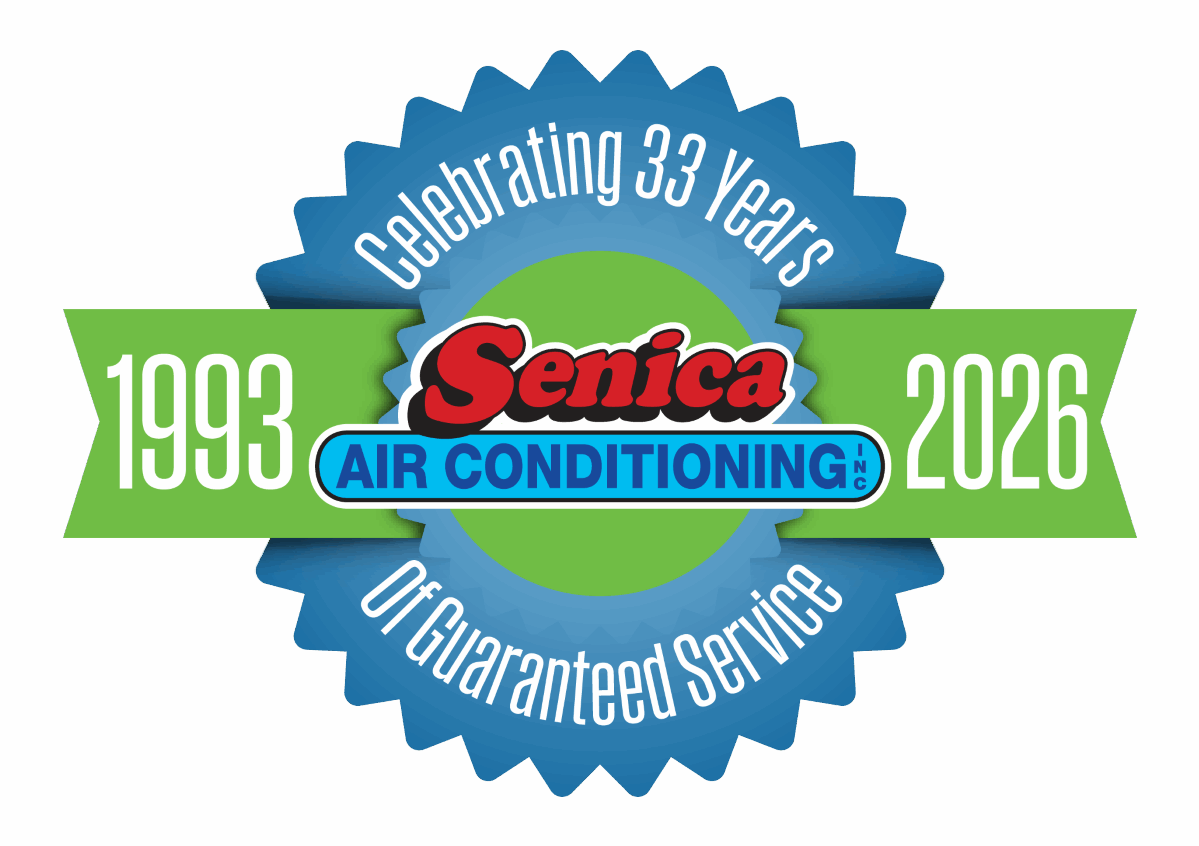Breathing is an unconscious activity, so it’s easy to overlook the potential hazards. Unfortunately, poor indoor air quality in your Tampa Bay-area home can be the unseen culprit behind many health issues. Watch out for these ways the air can harm your health.
Spreading Disease
Airborne viruses and bacteria are responsible for spreading illnesses like coughs and colds. Any time a sick individual coughs or sneezes, small drops of water or mucous containing the bacteria or virus enter the air. If you encounter these, you too may end up with the illness. Warm, humid air, like that commonly found in Florida, is the perfect environment for bacteria and viruses, and they’ll survive longer in these conditions.
You can reduce the spread of illnesses indoors by providing good ventilation, which will help push bacteria and viruses out of your home. A proper ventilation system can also assist with indoor humidity by circulating air effectively and keeping your indoor areas fresh.
Increasing the Risk of Cardiovascular Problems
Though you may not think of heart health when you’re considering the dangers of dirty air, exposure to particulate pollution is linked to an increased risk for cardiac arrhythmias and heart attacks. You can find this type of pollution near busy roadways, around fireplaces or firepits, and in proximity to certain factories.
The best solution is to limit your exposure. If you jog near a busy road, consider changing your route. If you have a fireplace, make sure you have good ventilation before lighting a wood fire, if you do so at all. Spend as little time as possible in congested metropolitan areas and seek out spots with cleaner air.
Worsening Allergies
Small triggers in the air are responsible for your allergies flaring up and causing those unpleasant symptoms like watery eyes, runny nose, cough, and congestion. Dust mites trigger an issue known as allergic rhinitis, which causes all of the above symptoms as well as facial pressure, chronic sneezing, and even serious asthma attacks.
If you’re sensitive to dust mites and other allergens in the air, such as pollen or pet dander, there are several steps you can take to keep things clean. Minimize carpet in the home as much as possible and sweep your floors regularly. Wash linens like curtains, bedspreads, and pillowcases often. Use allergen-proof covers on mattresses and pillows. An enhanced air cleaner can help filter these pollutants from the home. For instance, the Infinity Air Purifier GAPA pulls up to 95 percent of pathogens down to 0.30 microns in size from the air.
Headaches
If you’re exposed to air that’s chronically dirty, you may suffer from frequent headaches or migraines. These headaches respond to a variety of triggers such as dust, dander, microbial growth, particulate matter, volatile organic compounds (VOCs), and more. It’s difficult to know which is triggering your headaches, so the best approach is a well-rounded effort to improve indoor air quality.
High humidity levels in your home can lead to microbial growth, thriving viruses, and other problems. You can reduce humidity in your home in several ways. Be mindful of activities that increase humidity, such as long showers. Consider installing a whole-home dehumidifier to tackle the issue if it’s an ongoing problem, and always use ventilation so you’re not dealing with a stuffy house.
Nausea and Vomiting
It’s easy to overlook these symptoms as signs of air pollution, but ongoing issues with nausea can be a reaction to poor indoor air quality. The first thing you should do is make sure this symptom isn’t connected to a serious problem like carbon monoxide. Always keep a functioning carbon monoxide detector in the house.
Schedule regular maintenance to keep your system clean. Change your HVAC filter monthly if you’re suffering symptoms like this make sure you’re always getting the cleanest air possible. Consider installing UV lamps or an indoor air cleaner to further strip potential irritants from the air.
If you’re struggling with signs of poor indoor air quality, contact Senica Air Conditioning, Inc. at 866-881-5935 to learn more about what you can do. From duct cleanings to IAQ products, we offer a wide range of solutions.
Image provided by Shutterstock

